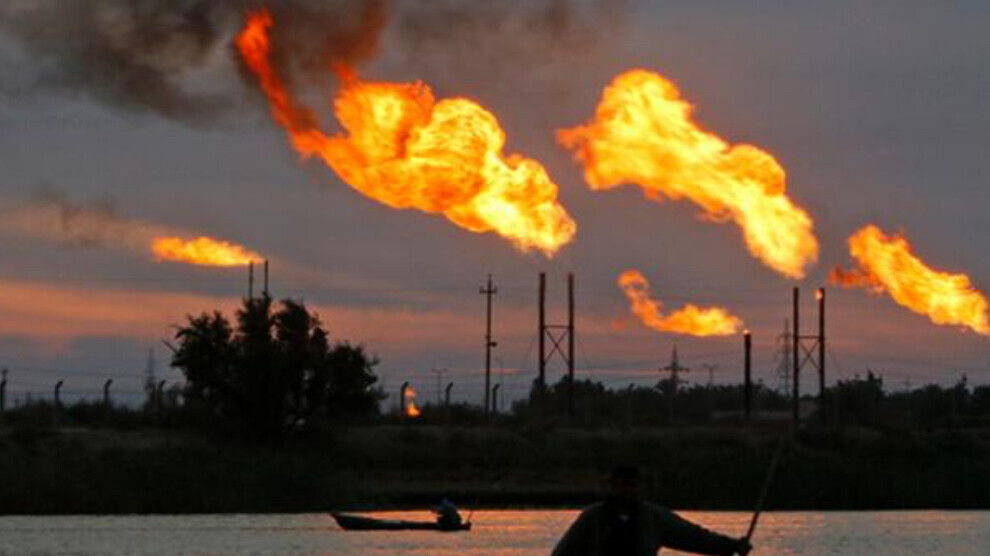Pollution from oil production linked to increase in cancer rates in and around Basra
Iraqi Environment Minister Jassem al-Falahi acknowledged that pollution from oil production is the main cause of the increase in cancer rates in and around Basra.
Iraqi Environment Minister Jassem al-Falahi acknowledged that pollution from oil production is the main cause of the increase in cancer rates in and around Basra.

Iraqi Environment Minister Jassem al-Falahi acknowledged that pollution from oil production is the main cause of the increase in cancer rates in and around Basra.
His comments followed a BBC Arabic investigation that found communities living close to oil fields near Basra were at high risk of leukaemia.
Burning too much of the gas released during oil drilling is blamed for this increase.
The environment minister's comments on the BBC's Hard Talk program came despite a secret order by the Iraqi prime minister, seen by BBC Arabic, to forbid his employees from talking about the health hazards caused by pollution.
It also directly contradicts previous comments by Petroleum Minister Ihsan Abdul Jabbar Ismail to BBC Arabic, in which he dismissed any link between cancer rates and air pollution from oil.
People living near oil fields in Basra have long suspected that high leukaemia rates are due to gases ignited by oil fields.
Gases from these sites are considered hazardous as they emit a potent mixture of highly polluting carbon dioxide, methane and black soot.
During an interview with Hard Talk Arabic, Al-Falahi also revealed that the oil ministry had previously blocked its staff from conducting pollution monitoring checks at its largest oil field, Rumaila.
Rumaila burns more gas than any other oil field in the world and is owned by the Iraqi government. BP, the chief contractor for the site, said it was "extremely concerned" by the BBC's findings.